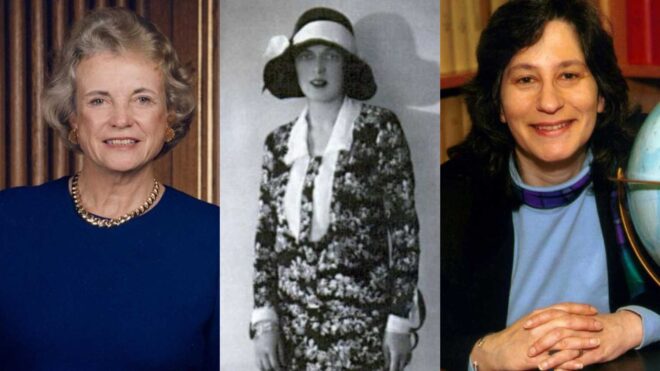
Growing up, I was labelled 'shy' and honestly I thought I was shy. From teachers, classmates, friends, relatives to coaches, they would all comment:
“Speak up more. Why are you so quiet?”
“You don’t talk much. We want to hear what you think.”
To ease the tension and discomfort, my parents would respond: “Oh, she’s just shy.”
I was always insecure about being quiet and hated it whenever people tried to get me to talk more or open up.
I’m quiet but I’m not shy.
But over the years, I realized that although I’m an introvert and on the quiet side, I’m not actually shy. It’s in my nature but I didn’t fully embrace that part of myself until I entered my 30s.
During moments when I’m not talking, I’m taking my time to process what others are saying, listening and absorbing the interactions between people. Aside from not being a chatterbox, all my other behaviors do not point to shyness.
I have no trouble sharing my thoughts and opinions.
I’ve never had issues speaking in public, doing presentations, asking someone out, performing in front of a crowd, posting YouTube videos of myself, talking in podcasts, approaching a stranger for help, and so forth.
I started wondering whether the color of my skin contributed to my self-limiting beliefs. Do people think I’m shy because I’m Asian? How I was raised? My culture? Am I quiet because I’ve been told I am or am I genuinely a quiet person?
My daughter is similar to me, especially around people she doesn’t know.
A few years ago, I went shopping with her. She was around 3 at the time.
When we went to the register to pay for our things, the cashier asked her if she wanted a sticker. My daughter hid behind me and stayed silent. The cashier chuckled.
"Is someone being quiet like mommy?" the cashier asked. "You can’t be shy, dear, or no one is going to hear you!"
When I heard the s-word, it triggered me. I froze. I didn’t say anything to the cashier. I shook my head, gave a weak smile and left.
That night, I started thinking about why I felt so triggered and did some research online.
I learned about microaggressions. Because microaggressions are subtle, it’s hard to tell for the person being discriminated against and for the person discriminating.
I realized that being negatively stereotyped as a “shy Asian” is a form of microaggression. It stems from the belief that the best communication style (loud and aggressive) is the one prevalent in the dominant culture (Western culture); those who do not fit within it need to assimilate.
Whether the “shy Asian” stereotype is true for my daughter or not, it contributes to the discrimination and oppression of Asians and perpetuates the marginalization that we face in society.
I don’t want the next generation to go through a similar experience. I don’t want my children to grow up believing the labels and stereotypes that are given to them, stifling their authentic voice and limiting their ability to truly express themselves.
So now, when friends, relatives, and strangers make comments about her being quiet, here’s what I say to advocate for my child.
“She doesn’t feel like talking right now. Sometimes, it takes her a bit of time to get comfortable with people she doesn’t know. But when she does, she’s got a lot to say. She’s got strong thoughts and opinions about all sorts of things”
Lastly, I’ve grown to embrace the silence when she doesn’t respond instead of pestering her with more questions, interrupting her train of thought or calling her 'shy.' Giving her the time, space and opportunity to process what she’s hearing were things I wish I had when I was a child.
And a little quietude is much needed in this noisy, overstimulated, information-overloaded world that we live in.







